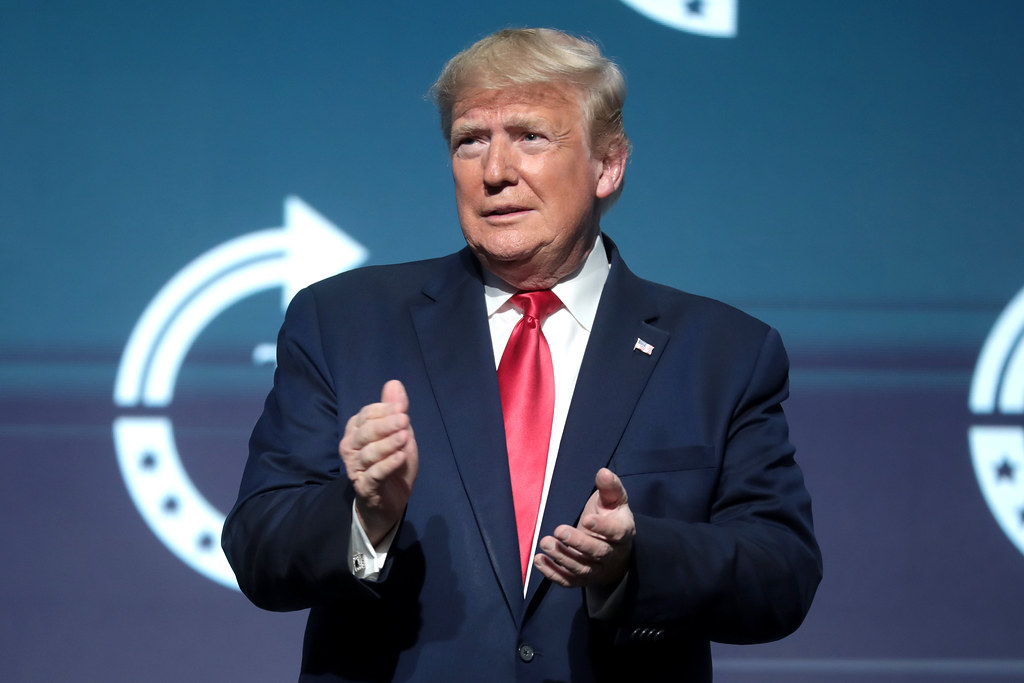
During a comprehensive interview with conservative broadcaster Tucker Carlson in Arizona, former President Donald Trump considered the possibility of Elon Musk and Robert F. Kennedy Jr. playing significant roles in his potential second administration. The interview took place in a battleground state where Trump is currently seeking to regain influence.
In the interview, Trump also criticized his political opponents with harsh language. He labeled Vice President Kamala Harris as lacking intelligence and derogatorily called Liz Cheney, a prominent Republican critic and former congresswoman, a “war hawk.” Trump suggested an extreme scenario for Cheney to emphasize his point, reflecting the heated nature of political rhetoric.
Speculation on Hiring High-Profile Figures
Carlson broached the topic of whether Trump would consider appointing Elon Musk, the Tesla CEO who has financially supported Trump’s campaign, and Robert F. Kennedy Jr., who endorsed Trump after discontinuing his independent presidential run. Trump affirmed their potential influence but remained non-specific about their exact roles.
The interview was strategically held in Arizona, a historically Republican state that Trump lost in the previous election. It was also a fundraising event for Hurricane Helene recovery efforts in North Carolina, another pivotal swing state.
Carlson, formerly of Fox News and known for his overt political stances since his departure, conducted the interview. He provided Trump a platform to promote his candidacy and discuss his plans, framing the former president in a positive light before a large audience in a Glendale arena.
Harsh Words for Opponents
Trump did not hold back in his critique of his opponents during the conversation, using derogatory terms to describe Harris and criticizing the Cheney family’s political legacy, particularly their involvement in the Iraq war.
Throughout the interview, Trump evaded specific policy discussions, such as his views on the FBI and CIA, which Carlson suggested opposed him politically. However, Trump was vocal about his perception of his political opponents as internal enemies, using strong language to describe them as dangerous and deceitful.
With the presidential election approaching, Trump expressed confidence in his lead and suggested that only “cheating” could prevent his victory. He described any potential loss as unlikely unless influenced by fraudulent activities.
Howard Lutnick, co-chair of Trump’s transition team, later clarified in a CNN interview the unlikely cabinet positions for Musk and Kennedy. He suggested Musk would “help” the government but not join it, while Kennedy, known for his controversial views on vaccines, would not be considered to lead the Department of Health and Human Services.
Reflections on Leadership Choices
The integration of high-profile figures like Elon Musk and Robert F. Kennedy Jr. into a presidential administration raises critical questions about the influence of celebrity and wealth in American politics. While these individuals undoubtedly bring their own expertise and followings, their roles within government should be carefully considered to ensure they serve the public interest above all. It is essential for voters to scrutinize the motivations behind such appointments and their potential impact on policy and governance.
Featured image credit: Gage Skidmore via Flickr
Follow us for more breaking news on DMR
